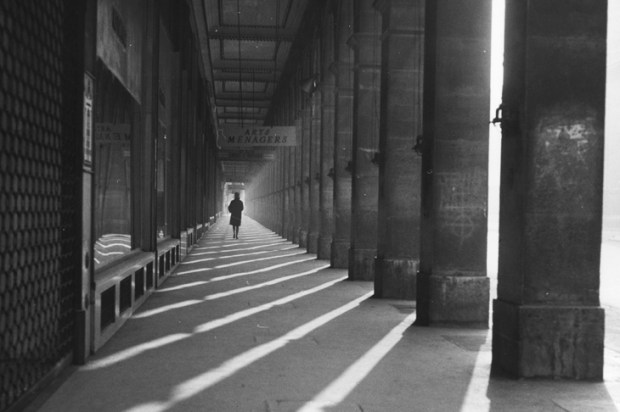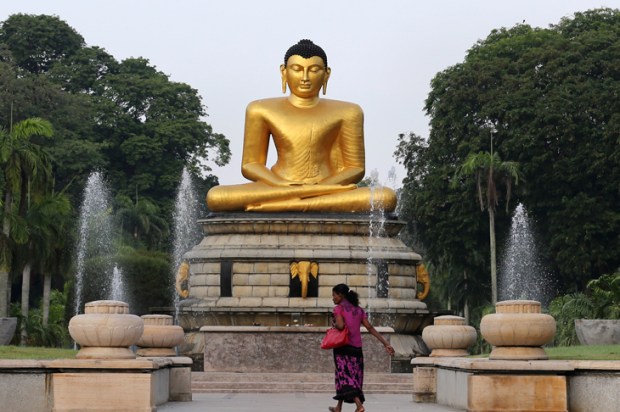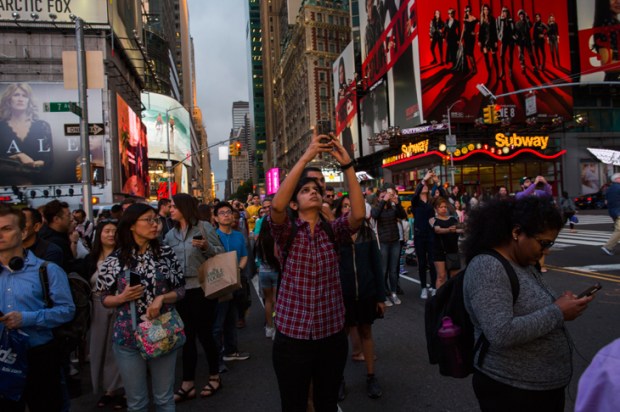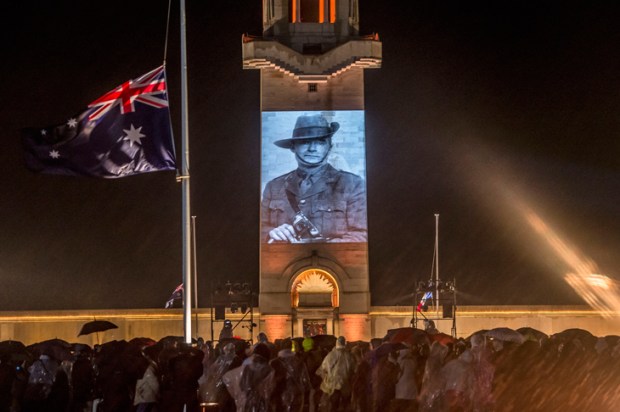Boarding QF1 three days after the federal election with Prime Minister Malcolm Turnbull’s shredded Liberals still pondering his bizarre election night address to arrive in London as Prime Minister David Cameron made his witty self-effacing abdication speech to the Commons was to witness an extraordinary contrast between the two egos. Turnbull came off second best. His ill-favoured midnight fulminations revealed a petty man obsessed with the picayune and unable to engage in the self-examination essential to the civilised soul. His audience hope no doubt that time will erase all memory of his self-absorbed raving. Cameron’s generosity of spirit, his humour, will be long remembered and those who were present will regard themselves fortunate to have been party to such a quintessentially British moment.
Of course, he managed to be self-effacing where Turnbull just seemed self-important and it was to cheers and a standing ovation that he finished with a reference to his memorable jibe at Tony Blair during his first Prime Minister’s Questions appearance in 2005, when the now exiting PM said: ‘Nothing is really impossible if you put your mind to it. After all – as I once said – I was the future once.’
Cameron was humble and humourous, both attributes absent in Turnbull. Australia unwillingly was subjected to an excruciating election it did not want, it endured a campaign that was unintelligible and lost the Liberal Party votes, not that Turnbull associated himself with the Liberal Party – he created his own brand, an act which effectively distanced much of the core of the party from his presidential clique.
Brexit, which brought Cameron down, was a similar own goal but Cameron managed the aftermath with sufficient wit and charm to have both his supporters and opponents giving him a standing ovation.
Turnbull learnt nothing and his appointment of a bloated Cabinet shows he is incapable of learning. Trying to cloak the blow the Liberal party received behind the claim that his is the first conservative government re-elected since 2004 is a shallow contrivance. His party is only in government because of the strength of its Coalition partner, the Nationals.
The incoming British PM, Theresa May, showed the same grace as Cameron when her only real rival for the job, Andrea Leadsom, cast aspersions on her lack of children. It was not the most graceless of Leadsom’s utterances but probably the most revealing and forced her exit from the race. Brexit distracted from the release of the Chilcott report into the deployment of UK troops to Iraq, despite Blair’s bumbling remarks. Former Australian Prime Minister John Howard again demonstrated how a leader should respond to such inquiries with his accurate observations on the realities as they were presented at the time the decision to go in was made.To the disappointment of Guardian and Independent readers, Chilcott was defunct even as it was released.
Unusually, it didn’t rain in London, and despite the doomsayers, the country didn’t collapse in the wake of Brexit, in fact, it seems little will change for some time though Europe has been put on notice that the people are tired of being told how they should think by unelected bureaucrats in Brussels.
After a speedy Chunnel trip to Calais to spend time with cousins in la France profonde, it was heartening to hear stolid farmers with roots deep into Picardy and Normandy talking of their loathing of les fonctionnaires and fondness for more régulées. If they could they would launch a Frexit immediatement. Francois Hollande’s popularity is around 16 per cent, there is no front runner to replace him in next year’s election though there are rumblings about the minister for the economy, Emmanuel Macron, a former merchant banker and naturellement, a socialist.
On Bastille Day, tanks rattled through the intersections toward the Place de Concorde for the parade as we taxied to Montparnasse station and the TGV bound for Bordeaux. Much later that night we learnt of the maniacal attack on families attending the July 14 fireworks in Nice. Not as many leaders trotted out the now familiar line ‘this has nothing to with Islam’, in the aftermath as Isis claimed credit for the savagery.
No doubt the inquiry will ask how a giant freezer truck was permitted to remain parked so close to an area which was going to be packed with defenceless civilians, and why there were no barriers or gates which would have reduced the numbers in its path when the killer launched it into the helpless crowd.At least the horror of this attack seems to have stalled the annual ritual of car burnings in the banlieues but there is everywhere evidence of the impact the fear of terrorism has caused in France.
Popular tourist destinations such as Notre Dame are almost deserted. The square before the cathedral, usually jammed with a snaking line of patient pilgrims, has a handful of people waiting to view the interior. There are fewer buskers and more police. Notably absent are the American tour groups and the Chinese.
The breezes still blow along the Seine, as they do here down here on the terrace beside the Vézère, and as they did after the last Ice Age before the creative and peaceful Neanderthal population declined with the arrival of Cro Magnon.
The barbarism, it seems, is a comparatively recent phenomenon.
The post Australian diary appeared first on The Spectator.
Got something to add? Join the discussion and comment below.
Get 10 issues for just $10
Subscribe to The Spectator Australia today for the next 10 magazine issues, plus full online access, for just $10.
You might disagree with half of it, but you’ll enjoy reading all of it. Try your first month for free, then just $2 a week for the remainder of your first year.












Comments
Don't miss out
Join the conversation with other Spectator Australia readers. Subscribe to leave a comment.
SUBSCRIBEAlready a subscriber? Log in